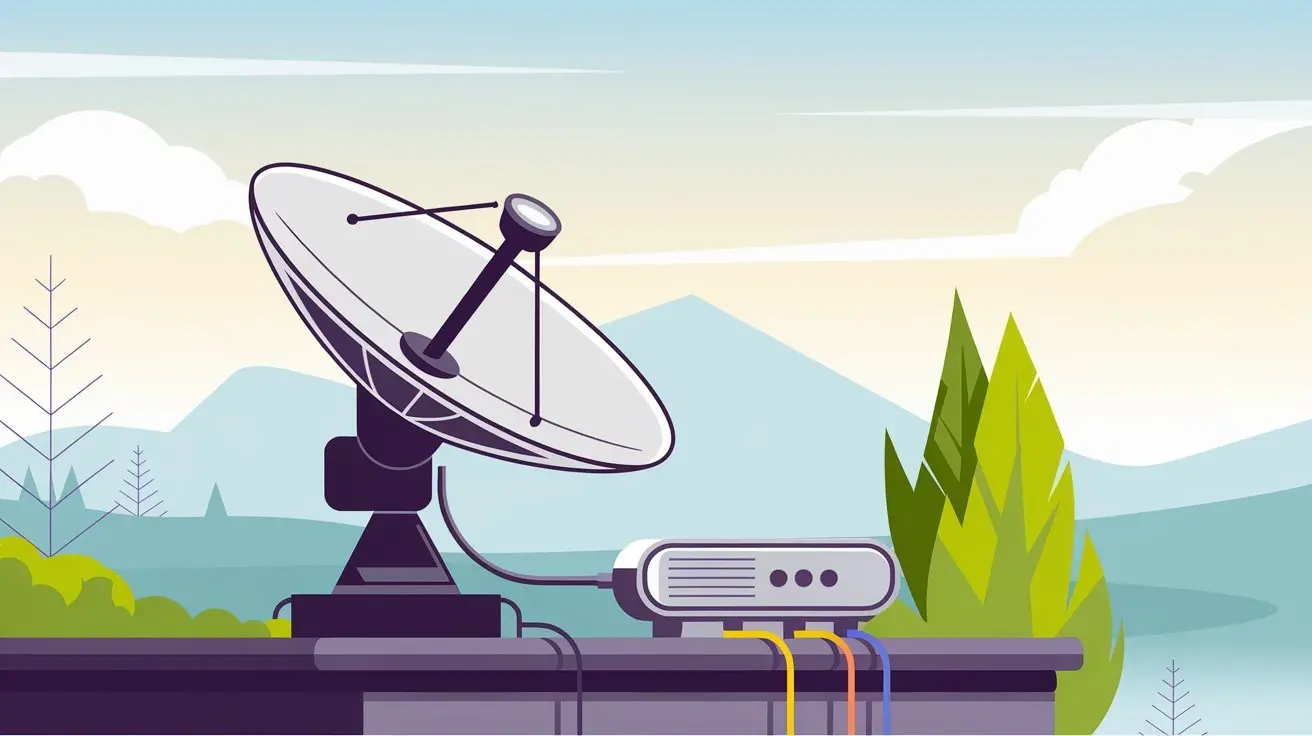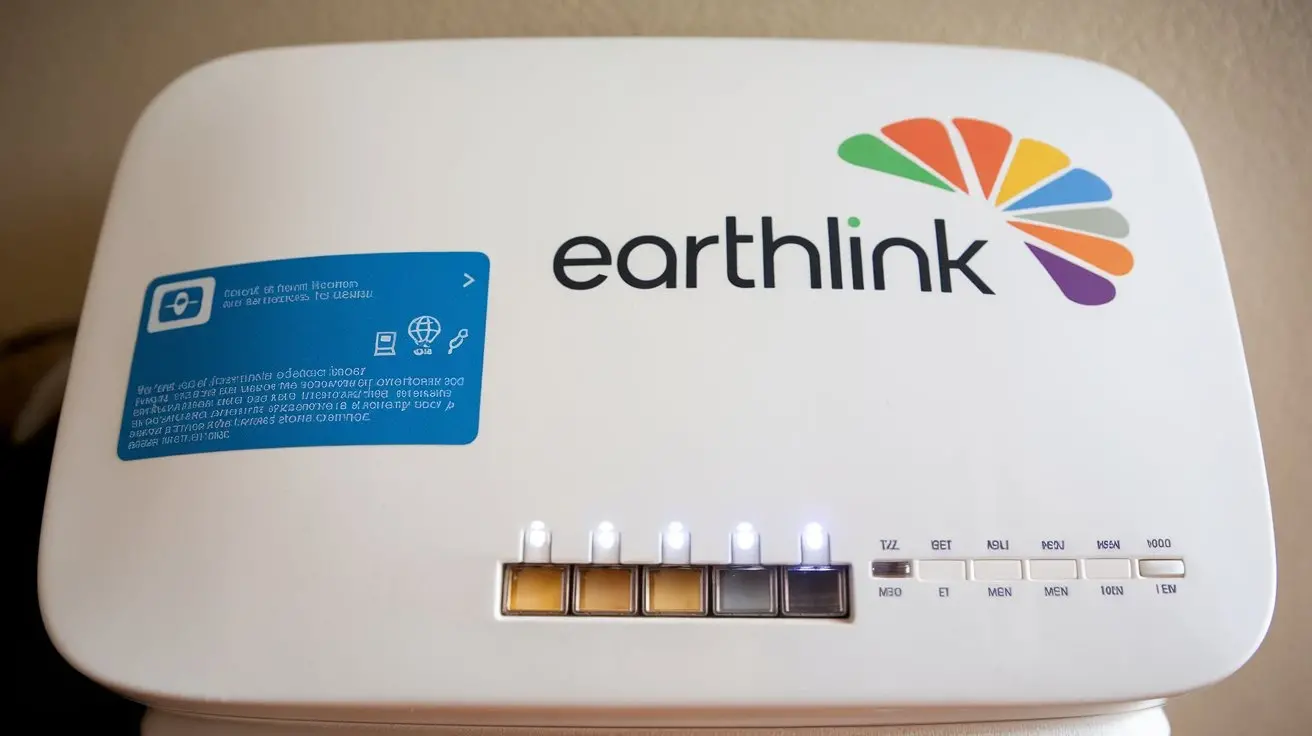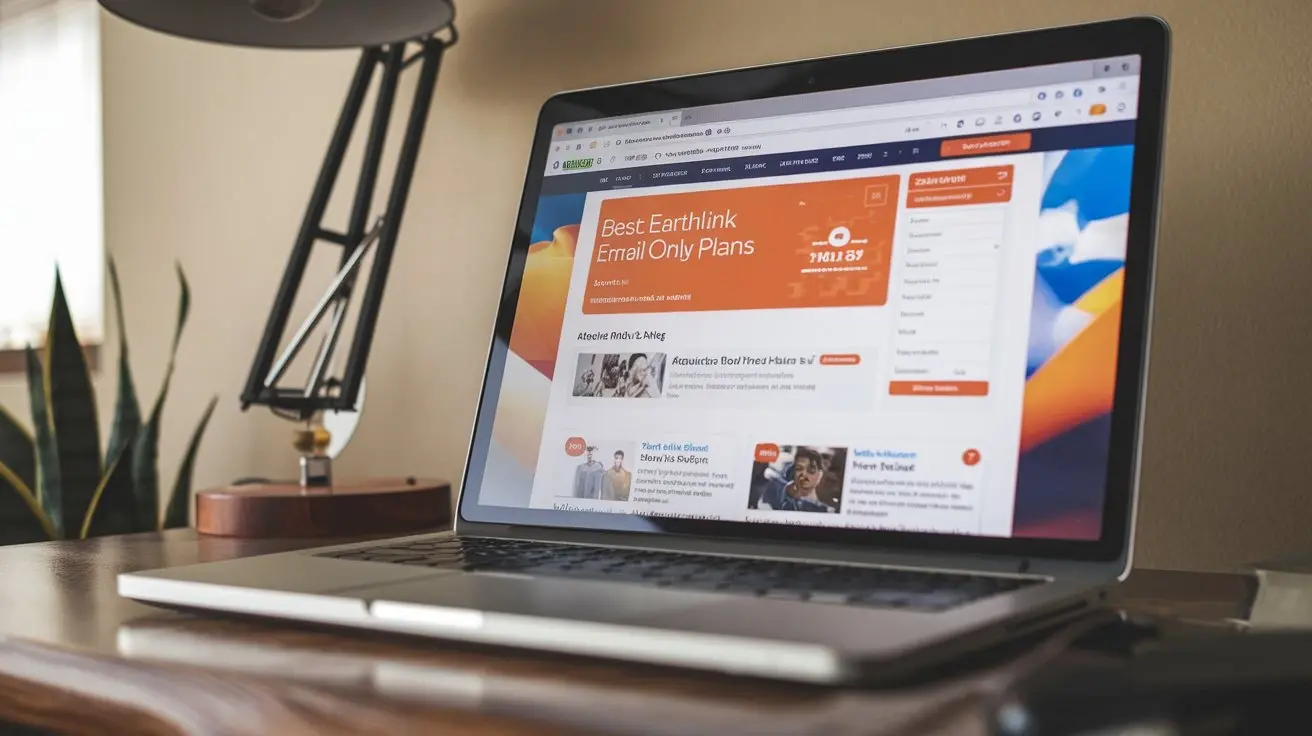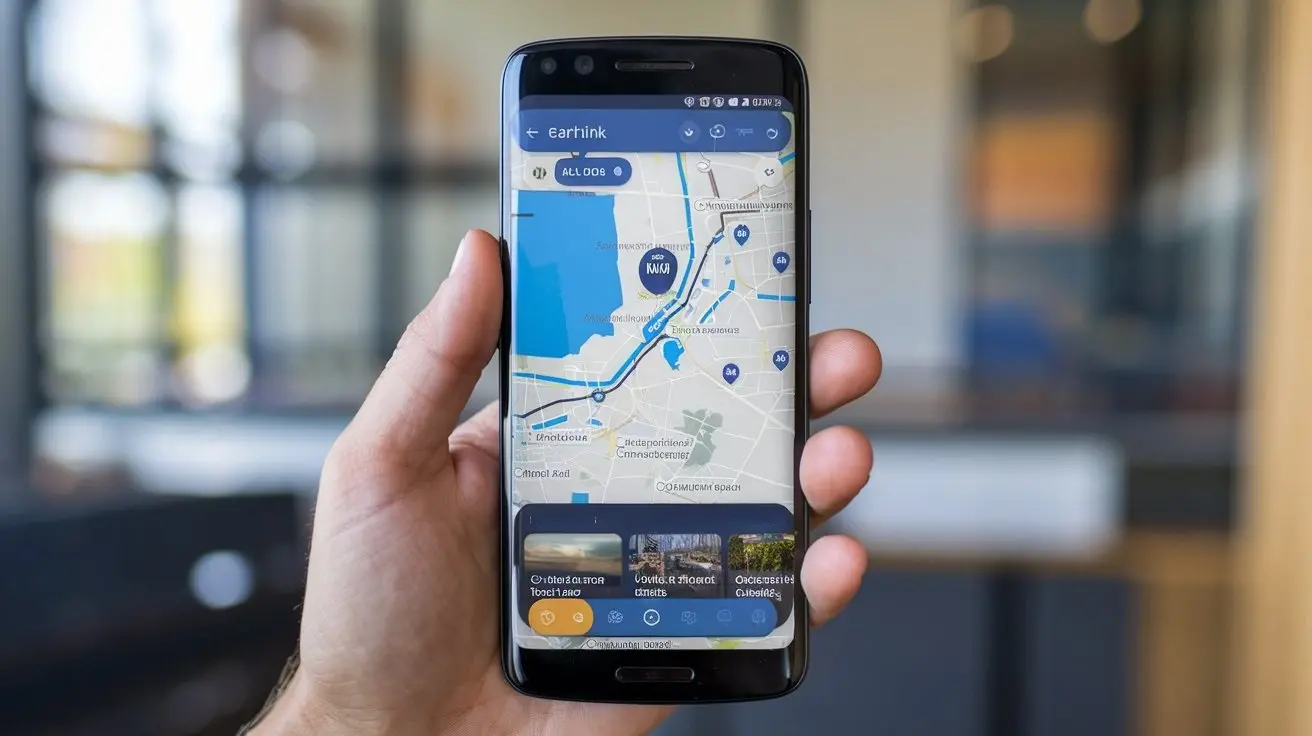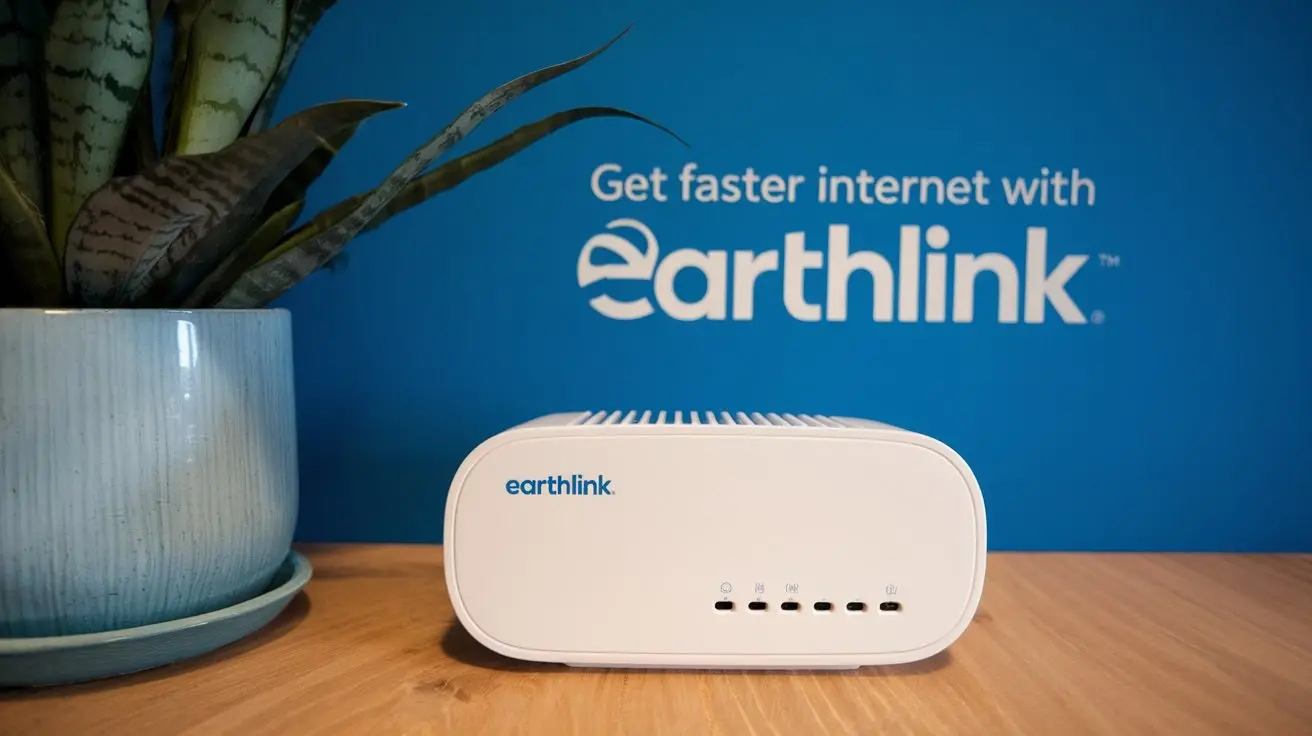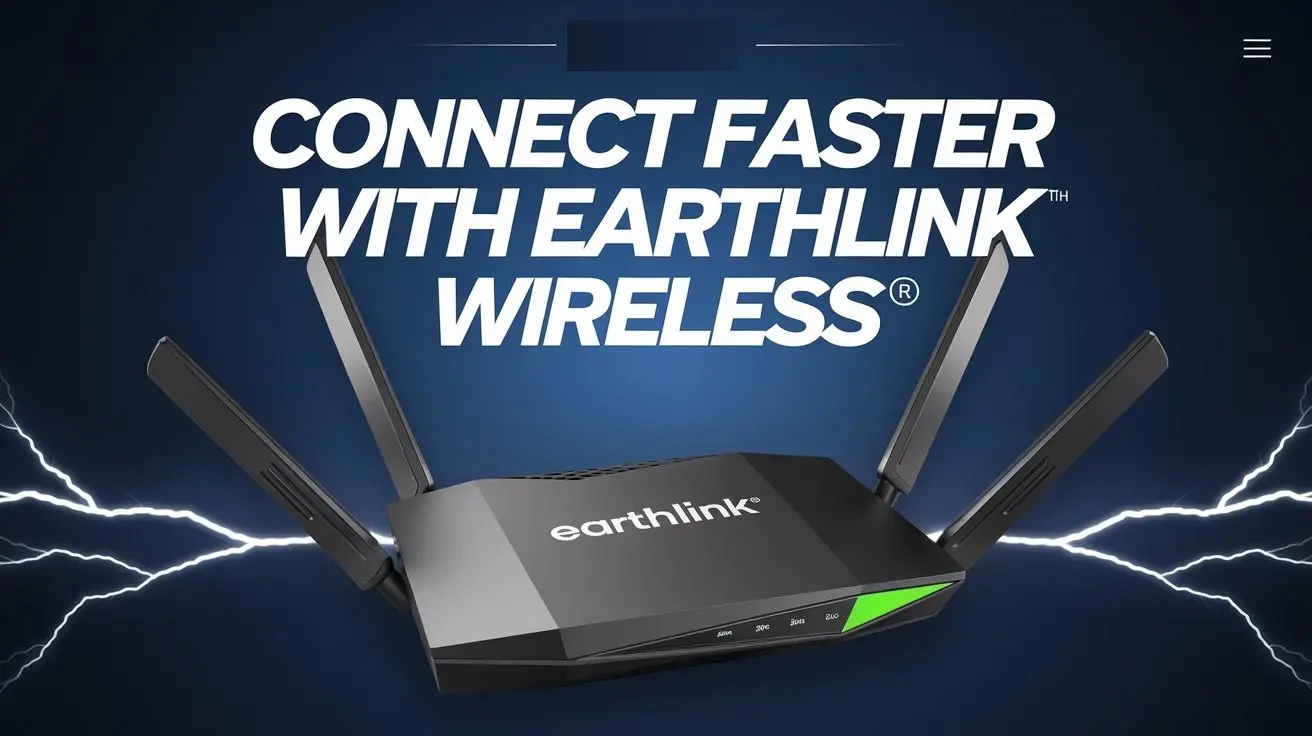
Wondering about EarthLink internet service costs? This comprehensive guide breaks down EarthLink's pricing for 2025, covering various plans, potential fees, and factors influencing your monthly bill. Get the clarity you need to make an informed decision.
Understanding EarthLink Pricing in 2025
Navigating internet service provider (ISP) pricing can feel like a labyrinth. EarthLink, a long-standing player in the telecommunications industry, offers a variety of internet plans designed to meet different user needs and budgets. In 2025, understanding how much EarthLink internet service costs requires a detailed look at their available technologies, plan structures, and the various factors that can influence the final monthly expenditure. This guide aims to demystify EarthLink's pricing, providing you with the essential information to accurately estimate your potential monthly bill and make an informed choice. We will delve into the specifics of their fiber, DSL, fixed wireless, and satellite offerings, explore common fees and charges, and offer strategies for securing the best possible deal.
EarthLink Internet Plans and Costs
EarthLink's pricing is heavily dependent on the type of internet technology available at your specific address. Availability varies significantly, with fiber optic being the most premium and often fastest, followed by DSL, fixed wireless, and then satellite, which is typically the most widely available but also the slowest. Each technology has its own set of pricing tiers, usually differentiated by download and upload speeds. It's crucial to remember that the prices listed are often introductory or promotional and may increase after a certain period.
Fiber Optic Plans
Fiber optic internet is the gold standard for speed and reliability, and EarthLink offers it in select areas where their fiber network has been deployed. These plans are generally the most expensive but provide the best performance. In 2025, you can expect EarthLink fiber plans to range from approximately $70 to $100+ per month for speeds typically starting at 100 Mbps and going up to 1 Gigabyte per second (Gbps) or even higher.
- Entry-Level Fiber (e.g., 100-300 Mbps): Often priced around $70-$80 per month. This tier is suitable for households with moderate internet usage, including streaming in HD, online gaming, and video conferencing for a few users.
- Mid-Tier Fiber (e.g., 500 Mbps - 1 Gbps): Typically falls in the $80-$100 range. This is ideal for power users, large households, or those who frequently download large files, stream 4K content, and engage in heavy online gaming.
- Gigabit+ Fiber (e.g., 1 Gbps+): Can exceed $100 per month, sometimes reaching $120 or more. This is for the most demanding users, offering near-instantaneous downloads and uploads, perfect for businesses or households with an exceptionally high number of connected devices and bandwidth-intensive activities.
Key characteristics of EarthLink Fiber:
- Extremely high download and upload speeds.
- Low latency, crucial for gaming and real-time applications.
- High reliability and resistance to interference.
- Often comes with unlimited data.
While the upfront cost might seem high, the value proposition of fiber optic internet, especially for performance-sensitive users, is significant. Many fiber plans include modem/router rental or purchase options, and some may waive installation fees for new subscribers.
DSL Internet Plans
DSL (Digital Subscriber Line) internet uses existing telephone lines to deliver internet service. It's a more widely available technology than fiber but generally offers lower speeds. EarthLink's DSL plans in 2025 are typically priced between $40 and $70 per month, depending on the available speed tiers.
- Basic DSL (e.g., 10-25 Mbps download): Often priced around $40-$50 per month. This is a budget-friendly option suitable for basic internet tasks like browsing, email, and occasional streaming on one or two devices.
- Mid-Speed DSL (e.g., 50-100 Mbps download): May cost between $50-$70 per month. This tier can handle more simultaneous users and more demanding activities like HD streaming and video calls, though it will struggle with very large downloads or intensive online gaming.
Important considerations for EarthLink DSL:
- Speeds are distance-dependent; the further you are from the central office, the slower your speeds will be.
- Upload speeds are significantly lower than download speeds.
- Data caps may apply to some DSL plans, though EarthLink is moving towards unlimited data for many services.
- The price can fluctuate based on the provider's infrastructure in your area and their competitive landscape.
DSL is a viable option for those who cannot access faster technologies and have more modest internet needs. It's often more affordable than other options, making it attractive for budget-conscious consumers.
Fixed Wireless Plans
Fixed wireless internet uses radio waves to connect a fixed location (your home or business) to a nearby tower. This technology is a good alternative in areas where wired infrastructure is lacking but line-of-sight to a tower is possible. EarthLink's fixed wireless plans in 2025 can vary widely, but generally, you might expect prices between $60 and $90 per month for speeds ranging from 25 Mbps to over 100 Mbps.
- Standard Fixed Wireless (e.g., 25-50 Mbps): Priced around $60-$70 per month. Suitable for basic browsing, email, and standard-definition streaming.
- High-Speed Fixed Wireless (e.g., 100+ Mbps): Could range from $70-$90 per month. This tier offers a more robust experience for multiple users and HD streaming.
Factors affecting fixed wireless pricing:
- Availability of towers and the specific network infrastructure.
- Line-of-sight requirements can influence installation complexity and cost.
- Data caps are more common with fixed wireless than fiber, though unlimited options are becoming more prevalent.
- Weather can sometimes impact performance.
Fixed wireless is an excellent solution for rural or suburban areas where traditional broadband options are limited. Its pricing often reflects the infrastructure investment required to deploy it.
Satellite Internet Plans
Satellite internet is the most widely available option, reaching even the most remote locations. However, it is also typically the most expensive for the speeds offered and suffers from higher latency and potential weather-related disruptions. EarthLink's satellite plans in 2025 can range from approximately $70 to $150+ per month, with speeds generally between 25 Mbps and 100 Mbps.
- Basic Satellite (e.g., 25-50 Mbps): Often around $70-$90 per month. This is for essential internet use.
- Higher Speed Satellite (e.g., 100 Mbps): Can be $100-$150+ per month. This offers a slightly better experience but still has limitations.
Key considerations for EarthLink Satellite:
- Data Caps: Satellite plans almost always have strict data caps, often starting at 50 GB or 100 GB per month for the premium speed tier. Exceeding these caps can lead to significantly reduced speeds or hefty overage charges.
- Latency: Due to the vast distance the signal travels to and from space, satellite internet has high latency, making it unsuitable for real-time online gaming or sensitive video conferencing.
- Weather Dependency: Heavy rain, snow, or clouds can interfere with the satellite signal, leading to intermittent service.
- Equipment Costs: The satellite dish and modem can be expensive to purchase, though rental options are usually available.
Satellite internet is best considered a last resort for those with no other viable options. While EarthLink aims to provide a better satellite experience than some competitors, the inherent limitations of the technology remain.
Factors Influencing Your EarthLink Bill
The advertised monthly price for EarthLink internet is rarely the final figure you'll see on your bill. Several factors can increase or decrease your total cost. Understanding these is crucial for accurate budgeting.
Plan Speed and Data Allowance
As detailed above, the primary driver of your monthly cost is the internet speed you select and whether there are any data caps. Higher speeds and unlimited data plans are almost always more expensive. In 2025, EarthLink is increasingly offering unlimited data on most of its plans, which simplifies pricing and eliminates the worry of overage charges, but this often comes at a slightly higher base price than plans with caps.
Equipment Rental Fees
Most ISPs, including EarthLink, charge a monthly fee for renting essential equipment like modems and Wi-Fi routers. These fees can range from $10 to $20 per month.
- Modem Rental: Essential for connecting to EarthLink's network.
- Wi-Fi Router Rental: Provides wireless connectivity throughout your home.
You often have the option to purchase your own compatible equipment, which can save you money in the long run. However, ensure that any equipment you buy is explicitly approved by EarthLink to avoid compatibility issues. For example, a high-performance Wi-Fi 6 router might cost $150-$250 upfront, but over two years, this could be cheaper than renting.
Installation and Activation Fees
When you first sign up for EarthLink service, you may encounter one-time fees for installation and activation.
- Activation Fee: This fee covers the setup of your service on EarthLink's network. It can range from $0 to $99.
- Professional Installation Fee: If a technician needs to visit your home to set up the service (common for DSL and satellite, sometimes for fiber), this fee can range from $50 to $200 or more, depending on the complexity.
EarthLink frequently offers promotions that waive these fees, especially for new customers or during specific promotional periods. It's always worth asking about these waivers. Some self-installation kits might be available for certain technologies, which could reduce or eliminate installation costs.
Promotional Pricing and Discounts
Most ISPs, including EarthLink, use promotional pricing to attract new customers. These introductory offers typically last for 6, 12, or 24 months and provide a discounted monthly rate.
- Introductory Rates: These are the prices most commonly advertised. For instance, a 1 Gbps fiber plan might be advertised at $70/month for the first 12 months, after which the price could jump to $90-$100/month.
- Bundling Discounts: If EarthLink offers other services like home phone or security in your area, bundling them might lead to discounts on your overall bill.
- Autopay and Paperless Billing: Some providers offer small monthly discounts for signing up for automatic payments and paperless billing.
It's vital to understand when promotional periods end and what the standard rate will be thereafter. This is a common point of confusion and potential dissatisfaction for customers. Always ask for the "everyday price" or the price after the promotion expires.
Contract Terms and Early Termination Fees
In 2025, many ISPs are moving away from long-term contracts, offering month-to-month plans instead. However, some EarthLink plans, particularly those with significant introductory discounts, might still require a contract (e.g., 12 or 24 months).
- No-Contract Plans: Offer flexibility but may have a slightly higher base price.
- Contract Plans: Often come with lower introductory rates but penalize early cancellation.
If a contract is involved, an Early Termination Fee (ETF) will apply if you cancel service before the contract term is up. These fees can be substantial, sometimes $10-$20 per month remaining on the contract. Carefully review the contract terms to understand any commitments and potential penalties.
Taxes and Surcharges
Your monthly bill will also include federal, state, and local taxes, as well as various regulatory and administrative surcharges. These are applied by government bodies and the ISP to cover universal service fund contributions, right-of-way access, and other regulatory costs.
- Federal Universal Service Fund (USF) Surcharge: Supports telecommunications services in high-cost areas, schools, libraries, and healthcare facilities.
- State and Local Taxes: Vary significantly by location.
- Administrative Fees: Cover the costs associated with managing and operating the network.
These charges can add an additional 5% to 20% to your base monthly price, depending on your location. It's difficult to estimate these precisely without seeing a sample bill for your area, but factor them into your budget.
How to Find the Best EarthLink Deal
Securing the most cost-effective EarthLink internet plan requires a proactive approach. Here’s a step-by-step guide to help you find the best deal in 2025.
Check Availability in Your Area
The first and most critical step is to determine which EarthLink internet technologies and plans are actually available at your specific address. EarthLink's website has an online tool where you can enter your ZIP code and street address. This will show you the available speeds, technologies (fiber, DSL, fixed wireless, satellite), and the associated pricing. Don't assume you'll get fiber if it's not explicitly listed for your address.
Compare EarthLink Plans to Competitors
Once you know what EarthLink offers, compare it with other ISPs serving your area. Look at:
- Advertised Speeds: Ensure you're comparing like-for-like speeds.
- Monthly Pricing: Note both introductory and regular pricing.
- Data Caps: Are they unlimited, or what are the caps and overage fees?
- Equipment Fees: Compare rental costs or the cost of purchasing your own.
- Installation/Activation Fees: Look for waived fees or promotional offers.
- Contract Requirements: Are you locked into a contract?
Tools like EarthLink's official website and independent comparison sites can be invaluable here. Understanding the competitive landscape will help you negotiate or identify the best overall value.
Look for Promotions and Bundles
Always ask EarthLink representatives about current promotions, discounts, or special offers. These can significantly reduce your initial costs.
- New Customer Deals: Often the most substantial discounts.
- Bundling Options: If you need phone service, inquire about bundle packages.
- Limited-Time Offers: Keep an eye out for seasonal or flash sales.
Don't hesitate to mention competitor offers; sometimes, ISPs will match or beat competitor pricing to win your business.
Understand Contract Details
If you opt for a plan with a contract, ensure you fully understand:
- The duration of the contract.
- The price after the promotional period ends.
- The exact amount of the Early Termination Fee (ETF) and how it's calculated.
If flexibility is more important to you than the lowest possible introductory price, a no-contract plan might be a better fit, even if it means a slightly higher monthly rate.
EarthLink Internet vs. Competitors: A Pricing Overview
In 2025, EarthLink's pricing is competitive, particularly in areas where they offer fiber optic service. However, their position relative to competitors varies greatly by region and technology.
Fiber Optic: EarthLink's fiber pricing, often starting around $70-$80 for decent speeds, is generally in line with major fiber providers like AT&T Fiber, Google Fiber, and Verizon Fios. In some markets, they might be slightly more expensive for equivalent speeds, while in others, they could offer a more attractive introductory rate. Competitors like Xfinity (Comcast) and Spectrum also offer high-speed plans, but their fiber offerings are less widespread, and their cable internet pricing can be comparable or higher for similar speeds, often with more aggressive data caps.
| Provider | Technology | Typical Starting Price (Introductory) | Typical Top Speed | Data Caps |
|---|---|---|---|---|
| EarthLink | Fiber | $70 - $80 / month | 1 Gbps+ | Generally Unlimited |
| AT&T Fiber | Fiber | $55 - $70 / month | 5 Gbps | Unlimited |
| Xfinity (Comcast) | Cable/Fiber | $50 - $70 / month | 2 Gbps (Cable), 10 Gbps (Fiber) | 1.2 TB (can be waived with extra fee) |
DSL: EarthLink's DSL plans are often priced competitively with other DSL providers like AT&T or CenturyLink in areas where fiber is not available. However, DSL speeds are inherently limited, and pricing for higher DSL tiers can approach the cost of much faster cable or even fiber plans from other providers.
| Provider | Technology | Typical Starting Price (Introductory) | Typical Top Speed | Data Caps |
|---|---|---|---|---|
| EarthLink | DSL | $40 - $50 / month | Up to 100 Mbps (highly variable) | May apply, often unlimited |
| AT&T Internet | DSL/Fiber | $55 / month (for 100 Mbps DSL) | Up to 5 Gbps (Fiber) | Unlimited |
| Spectrum | Cable | $49.99 / month (for 300 Mbps) | 1 Gbps | Unlimited |
Fixed Wireless & Satellite: In areas where these are the only options, EarthLink's pricing is often comparable to competitors like HughesNet or Viasat for satellite, and other fixed wireless providers. However, the value proposition is often lower due to inherent technology limitations. Satellite internet, in particular, remains one of the most expensive per Mbps. EarthLink's efforts to provide better satellite experiences are noted, but the cost-to-performance ratio is still a significant drawback.
Overall, EarthLink is a solid choice, especially if fiber is available. Their pricing for fiber is competitive, and their move towards unlimited data across most plans is a significant advantage. However, always perform a local comparison, as the ISP market is highly regional.
Customer Reviews and Satisfaction
Customer reviews for EarthLink, like any large ISP, are mixed. Satisfaction often hinges on the technology available, the local infrastructure, and the quality of customer service.
- Positive Feedback: Customers who have access to EarthLink's fiber optic service often report high satisfaction due to the speeds, reliability, and the increasing prevalence of unlimited data. Many appreciate the lack of long-term contracts on some plans, offering flexibility.
- Negative Feedback: Complaints tend to arise for customers using DSL or satellite services, where speeds can be inconsistent or insufficient for modern internet demands. Issues with customer service response times, billing discrepancies, and technical support are also common themes across many ISPs, and EarthLink is not immune.
- Comparison to Competitors: When compared to national cable giants, EarthLink often receives praise for its more transparent pricing (especially regarding data caps) and customer service approach, though this can vary by region.
Before committing, it's wise to search for recent customer reviews specific to your geographic area and the type of service EarthLink offers there. Look for patterns in complaints and praise to get a realistic picture.
Making the Final Decision
Determining "how much is EarthLink internet service?" is not a simple question with a single answer. The cost is highly individualized, depending on your location, the technology available, the speed you need, and the specific plan details.
In 2025, EarthLink offers a spectrum of services:
- Fiber Optic: The most expensive ($70-$100+), but offers the best performance and is generally unlimited.
- DSL: More affordable ($40-$70), but speeds are limited and can be inconsistent.
- Fixed Wireless: A good alternative for some areas ($60-$90), but performance depends on tower proximity and line-of-sight.
- Satellite: Widely available but the priciest for the performance ($70-$150+), with significant data caps and latency issues.
To get the most accurate pricing for your situation, always start by checking EarthLink's availability at your exact address on their website. Then, carefully consider your household's internet usage. Do you stream 4K video, game online, work from home, or primarily browse the web and check email? This will dictate the speed and data allowance you require.
Don't forget to factor in potential equipment rental fees, installation charges, and the price after any promotional periods expire. Always ask about current promotions and discounts. By diligently comparing EarthLink's offerings with those of other providers in your area, you can ensure you're not overpaying and that you're selecting a plan that truly meets your needs and budget. Ultimately, the best EarthLink internet service for you is one that balances cost, performance, and reliability for your specific circumstances.
